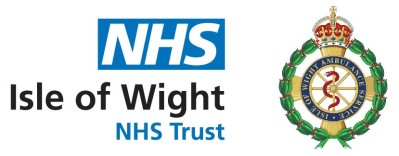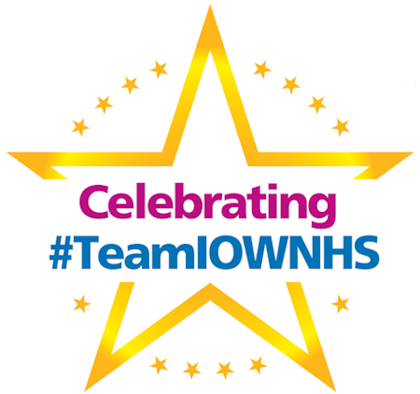Publish date: 9 September 2025
Earlier this year NHS England launched a new oversight framework. All trusts are assessed on a quarterly basis across six areas: access to services; effectiveness and experience of care; patient safety; people and workforce; finance and productivity; and improving health and reducing inequalities. Every trust has been placed in a segment that reflects performance across these areas.
Following publication of the framework, the quarter one data has placed IWT 73 in the league table and into segment 3.
On the trust overview page, there is also reference to the decision taken by all Hampshire and Isle of Wight organisations to voluntarily access the Recovery Support Programme two years ago. This action was taken to address the financial sustainability and service improvement opportunities across our wider system.
Over the two-year period of the Recovery Support Programme, we have already achieved some important milestones to improve the care we provide our communities, making our services more accessible and timely:
- Opened a new emergency care floor at St Mary’s hospitals to co-locate our existing emergency department, urgent treatment centre and short stay facilities with the edition of a new frailty unit. This has enabled us to keep our position stable with 70% of patients being seen within 4 hours.
- Become the one of England’s top-performing trusts for reducing long waits, decreasing 52-week waiters from 823 in 2023 to 14 by April 2025, a year ahead of the national ambition.
- Opened a new Community Diagnostics Centre at St Mary’s which has vastly improved patient access to diagnostic tests with over 55,000 appointments and tests carried out in the first 6 months of opening.
- Delivered month-on-month improvements in cancer care, achieving top performance for the 28-Day Faster Diagnosis Standard and informing 1,447 patients of their diagnosis within 28 days between April and June—166 more than the same period last year. As a result of these improvements, we have been removed from NHS England’s cancer tiering* programme, which consists of those Trusts identified as needing the most support to deliver improvements.
We have also been working on some longer term projects to address the increasing health needs of our community that were highlighted in our clinical strategy such as:
- Isle of Wight Ambulance Service (IWAS) and South Central Ambulance Service (SCAS) have partnered with the GoodSAM Responder app, to decrease the response time to life-threatening cardiac arrest calls
- Establishment of joint Health Inequalities Group with representatives IWT and IWAS working with Public Health Representatives and ICB members.
- Bespoke training of ambulance frontline staff, focusing on recognising and responding to neurodiverse presentations including autism, ADHD and sensory processing differences.
- Prioritise installation of public access defibrillators in underserved areas and ensuring equitable access to CPR training in order to improve out of hospital cardiac arrest survival rates.
The oversight framework allows us to look further at areas for improvement and build on this progress. We need to further reduce the number people waiting over 12 hours for care in ED and we need to work with our staff to improve their experiences whilst at work and ensure they are confident to raise concerns and progress ideas for innovations.
We are confident that with the plans we have in place, we will be able to continue this progress and provide our communities with the best possible care and timely access to services.
*NHS England's cancer tiering is a system for categorising integrated care systems (ICSs) and trusts based on their cancer waiting times performance, providing targeted support to those in the highest "tier" of challenge. The goal is to reduce variation, support improvement, and ensure that the 28-day Faster Diagnosis Standard (FDS) and 62-day wait-to-treatment standard are met for more patients.



